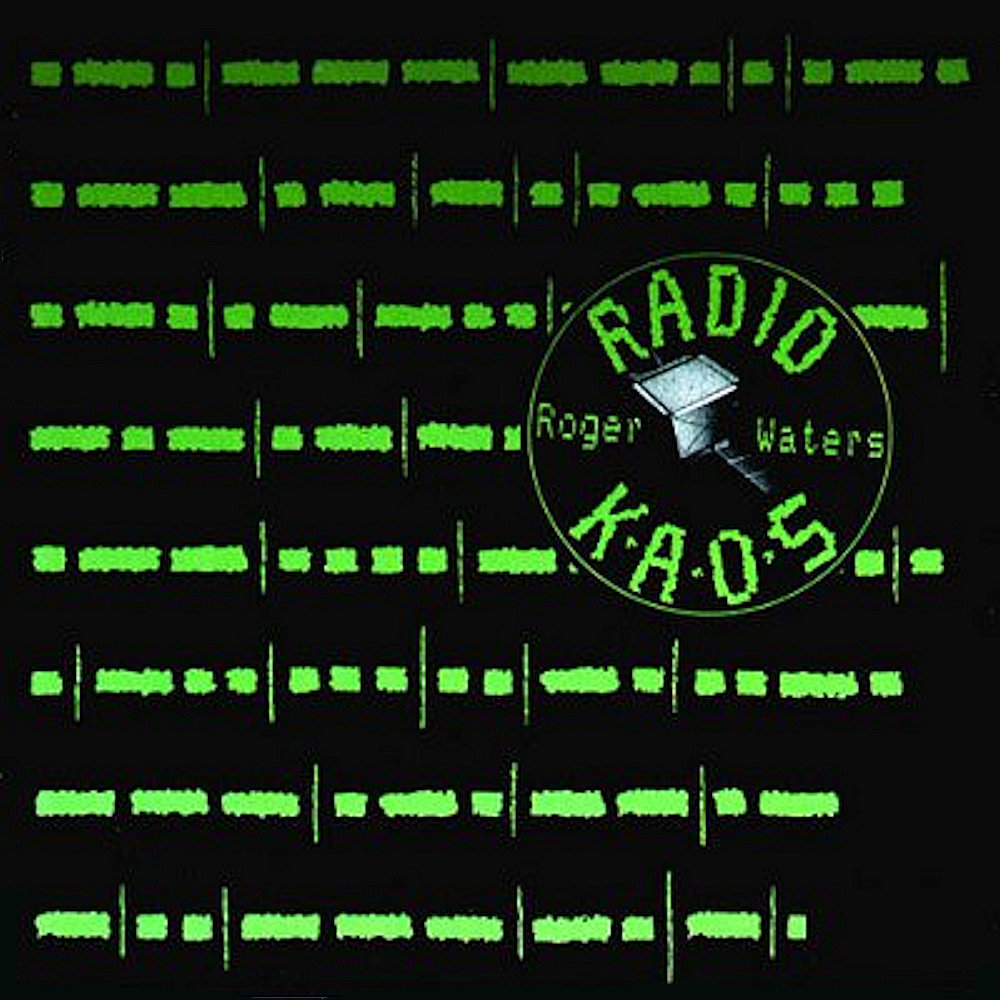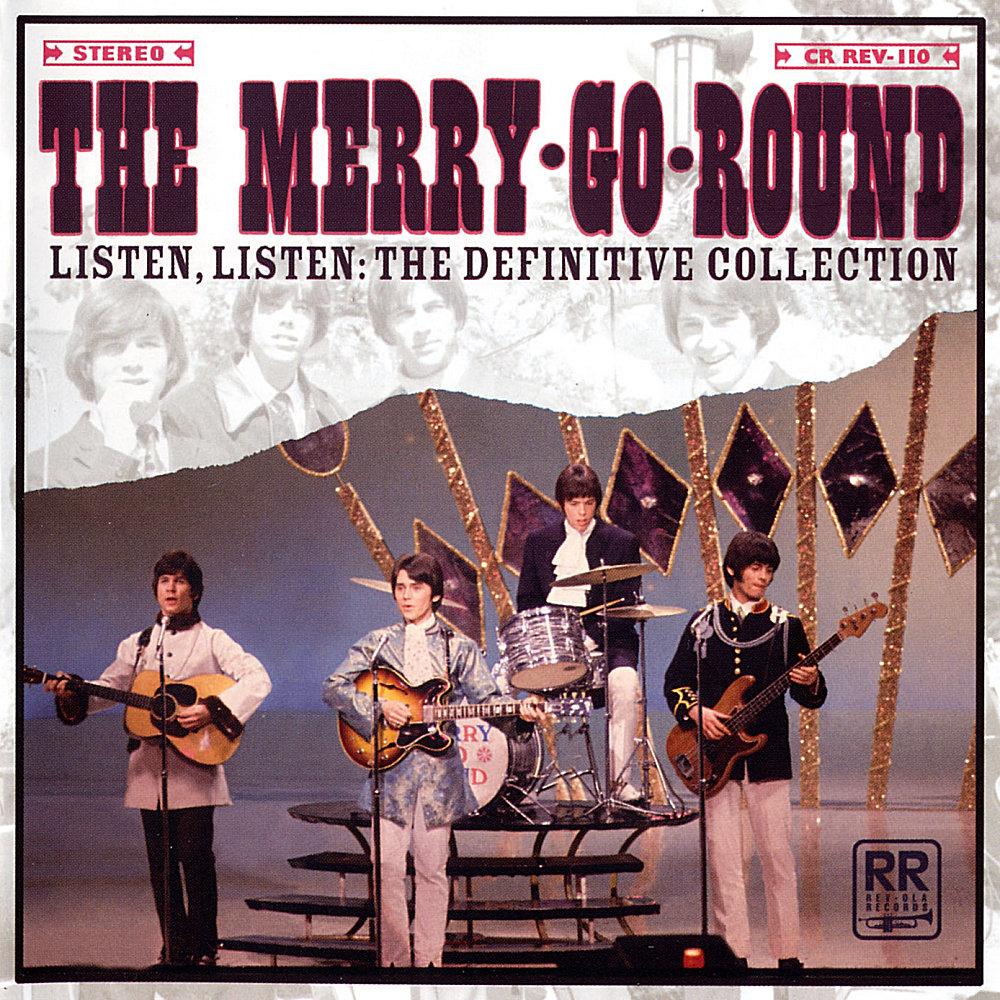
Album Information:
Album ID: 9555
Roger Waters - Radio K.A.O.S.
Label: Columbia
Catalog Number:
CK 40795
Release Date:
June 15, 1987
1. Radio Waves 4:57
2. Who Needs Information 5:56
3. Me Or Him 5:24
4. The Powers That Be 4:36
5. Sunset Strip 4:46
6. Home 6:00
7. Four Minutes 4:00
8. The Tide Is Turning (After Live Aid) 5:44


 Last Played: 12/23/24 03:33 PM
Last Played: 12/23/24 03:33 PM Last Played: 12/23/24 03:24 PM
Last Played: 12/23/24 03:24 PM